25 Aug Phone options

I was speaking with a client the other day and they asked me what the ratio of hosted phone systems versus on premise systems were. I had never stopped to think about this and was surprised that I could not remember the last phone system we installed at a client’s location. As with other things the transition from on premise to cloud I perceived to be a slow transition and in reality, this was a flip of a switch and didn’t even realize it. We do offer both, however clients have been picking hosted almost every time. Why is this? I don’t think there is a single driving factor, I think there are multiple reasons that as they accumulate really start to tip the scales in the favor of hosted. Some of these reasons are costs, risks, availability, WFH, and others. Some of these reasons are topics of numerous articles, (which I will go into in later) however I want to take some time in this article to talk about one of the most powerful and often over looked topics about hosted phone systems. Endpoints, or in other terms phones. In this article I am going to focus on some of the really cool features and benefits you get with phones, specifically the options for different phones.

With almost all modern VoIP phone systems you get the option to use multiple types of phones. This does not mean you don’t get a desk phone, or you have to pick one, quite the contrary. You have tons of options, including a desk phone, it’s just the poor desk phone doesn’t have the “wow factor” of some of the other options. What are those options? With the Optima Cloud phone system, you get to have a desk phone, a mobile application, and you get to have a softphone, you can even have an external number as a destination (think home phone).
A mobile application is an app on your cell phone that works just like you were sitting at your desk. A softphone is a piece of software you can run on any computer that allows you to use a USB headset and a computer to take calls. All of these are options, and the best part is you can use one, some, or all of these for a single extension! This affords some really great benefits for clients. First off, it brings the phone system to users in the way that best fits their work style. I was quoting a phone system for a client a couple of weeks ago and I brought up the option of using soft phones and the client didn’t think many users would want to use this option, however he decided to poll his users. He was surprised to find out more than half of his users did not want a desk phone and would rather use soft phones.

Secondly, with more options a company can cover more workers who want/need to work from home. You have a customer CSR that would like to work from home, but they do not really have the space to have a phone, use a softphone. They don’t have great internet at home, but they have good cell data connection, use the mobile app. Imagine you have a receptionist that needs to work from home two days a week, but her only job is answering phones. She can have a softphone at home, and now she can still answer those calls and be at home.
Let’s dive a little deeper into the mobile application for a second because I think this is one of the most underutilized options. Mobile applications are great because now your user can take calls regardless of where they are, as long as they have a good cellular data connection. When users place a call from the mobile app it will look like they are calling from the office. A great benefit to your team is they can now use a personal device and not have to worry exposing a person number. This allows users to be in the office, out of the office, on the golf course and callers will have no idea they have reach a user anywhere except the office.
Another reason to deploy the mobile application is control of the customer engagement. I’ve had clients scoff at this idea and ask, “Why would I load a mobile app on a cell phone when people can just call the phone directly?” Great question! Imagine, you have a team of salespeople out in the field and you have customers calling those salespeople directly. Do you want your customers calling the cell phones directly? Do your salespeople want to give out their cell phone numbers? What happens when a salesperson leaves the company? What if that salesperson goes to work for a competitor? Do you want your customers calling that salesperson’s cell phone now? You want your clients calling a number you control, not your salespeople.
Let’s move beyond the fear of “what if”. The next benefit to using the mobile app is now as a company you have visibility to who is calling. Do you know what clients are calling? How many customers are calling? Do you know how many times your team is returning those calls? Can you run reports on how many calls your team makes every day? Would that help your team be more effective? Getting statistics from your phone system can really help you be a more effective team.
Another great benefit to all these options, is you can use them on the same extension, and then switch between devices, all without a caller knowing. For example, I am getting ready to leave to go home for an appointment. Right as I am leaving my desk phone rings. I answer it, and it is a client who wants to ask some questions and I know this is going to go long and make me late, so I just switch the call to my mobile application, and get in the car all while talking with my client. The call goes really long and I get home, I can transfer that call to my home extension and take the call from my softphone at home. I am able to do this all seamlessly while talking to my client.
I know phones can be a very boring topic, but as we start to look at the power of different devices, and how we use them we can start to see how they can really help our companies become more responsive, accessible and efficient. If you’d like to know more about options we offer please reach out to Al Go, Dave Koshinz, or myself, Vince any of us would love to talk with you about existing options for a very boring topic.



